5 Best Tips On Keeping Your Drains Clean
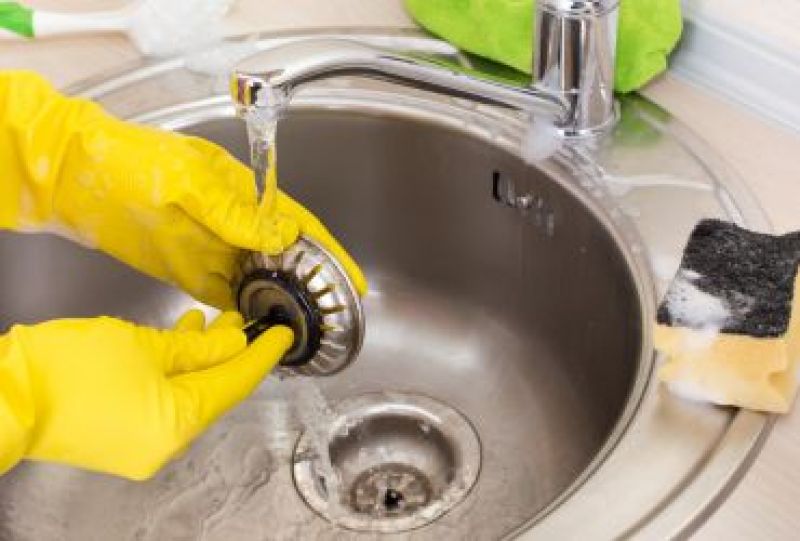
5 Best Tips On Keeping Your Drains Clean
Ah, the humble household drain! While it’s not the most glamorous topic, keeping drains clean is crucial for a well-maintained and hassle-free home. Regular drain maintenance is key to ensuring your household drains remain in good working order and continue to perform optimally over time.
Over time, dirt, hair, grease, and all kinds of other debris can accumulate in our drains, leading to unsightly clogs, unpleasant odors, and even potential plumbing disasters. In this blog, we’ll talk about helpful tips on keeping your drains clean to keep them functioning their best for years to come.
Regular Drain Maintenance Is Key
Regular drain maintenance is essential for keeping your drainage systems in top-notch condition. Over time, drains can become clogged with various types of debris such as hair, food particles, grease, soap residue, and more. Without regular maintenance, these obstructions can accumulate, leading to slow drainage, unpleasant odors, or even complete blockages.
Moreover, neglected drains can cause more severe problems, such as the backup of wastewater into the home or business, potential flooding, and the growth of mold or bacteria, which pose health risks. Routine cleaning and monitoring can ensure that minor issues are addressed before they escalate into costly and disruptive problems.
Furthermore, consistent maintenance extends the lifespan of your drains. Just like any other infrastructure in a home or establishment, drains undergo wear and tear. Regularly flushing them with water or using environmentally-friendly cleaners can prevent corrosive substances from eroding the pipes’ interior surfaces. Inspections can also pinpoint areas of concern, like tree roots infiltrating the system or potential cracks and breaks in the piping.
By addressing these issues early, homeowners and business operators can prevent extensive damages and save on the considerable expenses associated with major repairs or replacements. In essence, a little proactive care can go a long way in ensuring that drains remain functional, efficient, and long-lasting.
Tip #1: Be Mindful of What Goes Down Your Drains
In today’s fast-paced world, it’s easy to treat our drains like magic portals: pour something down, and it’s gone forever. However, this mindset can lead to a host of plumbing problems and even environmental concerns. To ensure the longevity of our drainage systems and minimize harm to the environment, it’s imperative we’re conscious of what we let slip down our sinks, showers, and toilets.
First and foremost, avoid pouring fats, oils, and grease down the kitchen sink. These substances can solidify upon cooling and form stubborn blockages. Instead, let them cool and scrape them into a trash bin or consider collecting them in a container for recycling or proper disposal.
Another helpful tip involves being aware of the non-biodegradable items that often find their way into our drains. Many people are surprised to learn that common items like coffee grounds, eggshells, and even certain ‘flushable’ wipes can wreak havoc on plumbing systems. Instead of rinsing coffee grounds down the sink, try adding them to a compost pile or throw them in the trash. Place strainers in sink and shower drains to catch hair, soap scum, and other debris, making it easy to dispose of them in the trash.
Also, keep a close eye on small items around sinks; items like jewelry or even children’s toys can accidentally end up causing significant blockages. Adopting these mindful practices not only keeps our drains flowing freely but also contributes to a more sustainable and eco-friendly household.
Tip #2: Regularly Clean Your Drains
Regularly cleaning your drains is an often overlooked yet vital aspect of home maintenance. Clean drains ensure a smooth and efficient flow of water, preventing the accumulation of debris that can lead to blockages, foul odors, and even pipe damage. Blocked drains are more than just a nuisance; they can result in costly repairs, water damage, and provide a breeding ground for harmful bacteria and pests.
Additionally, untreated blockages can put undue pressure on your home’s entire plumbing system, shortening its lifespan and increasing the likelihood of catastrophic failures. By proactively cleaning and maintaining your drains, you’re not just preserving the health and functionality of your plumbing system but also ensuring a hygienic living environment and potentially saving significant amounts in future repair bills. Here’s a list of ways you can regularly clean your drains at home:
Tip #3: Properly Dispose Of Waste To Prevent Drain Damage
The foundation of a healthy drainage system begins with our daily habits. Proper disposal of waste plays a pivotal role in preventing premature wear, blockages, and other damage to our drains. Many household items, from cooking byproducts to personal care products, can become culprits when flushed or washed down sinks.
On the other hand, the amount of food waste being disposed of down the drain should also be monitored. Food waste can build up over time, which could contribute to a blocked pipe if it is not properly removed. Additionally, if tree roots become a problem, they should be professionally removed as soon as possible in order to prevent further damage to drains.
Similarly, Rootin Tootin Rooter recommends using effective drain cleaning methods to remove clogs and debris, such as hydro jetting or auguring. Both of these professional plumbing services can be effective at breaking through the most stubborn clogs and providing a deeper clean of the pipes. This will help to prevent future blockages and damage to the drain.
In addition, it’s recommended to have regular maintenance performed on all drains and sewers in order to ensure that they are functioning properly and any potential problems are addressed quickly. This will help to extend the life of the drains and reduce the likelihood of costly repairs down the line.
Tip #4: Keep Your Garbage Disposal Clean And Clear
A garbage disposal is a blessing for many kitchens, streamlining waste management and reducing the amount of organic trash. However, without proper care and maintenance, it can become a source of drain issues, from clogs to unpleasant odors.
To keep it operating at its best, it’s crucial to be mindful of what you feed into it. Hard or fibrous materials like bones, fruit pits, and corn husks can dull the blades or get entangled in the mechanism, causing jams. Fats, oils, and grease should also be kept away, as they can solidify in the disposal and drainage system, leading to blockages. Running cold water while the disposal is operating can help in ensuring smoother grinding and also in transporting waste particles down the drain.
Regular cleaning of the garbage disposal is also essential for its longevity and efficiency. One effective method involves dropping a few ice cubes along with some coarse salt into the unit and running it. This not only sharpens the blades but also dislodges any residual particles. Following this with a mixture of baking soda and vinegar can help in removing any lingering odors and breaking down minor buildup. For a fresh scent, you can also grind citrus peels, like those from lemons or oranges. By attending to your garbage disposal with such regular maintenance and careful usage, you ensure not only its optimal function but also the overall health of your kitchen drains.
Tip #5: Take Action Immediately For Any Drain Problems
Drain problems, even those that seem minor at first, can quickly escalate if left unattended, resulting in more extensive and costly damage. A slow-draining sink might appear to be a mere inconvenience, but it can be an early sign of a developing blockage or even a deeper issue within the plumbing system.
Addressing such problems promptly prevents them from worsening. For instance, an ignored partial blockage can transform into a complete obstruction, making everyday tasks like washing dishes or taking a shower a challenge. Moreover, standing water resulting from blocked drains can become a breeding ground for harmful bacteria, mold, and pests, leading to potential health risks for the inhabitants of the house.
Apart from the immediate functional and health concerns, delayed action on drain problems can also have long-term consequences for your home’s infrastructure. Persistent leaks or overflows can damage cabinetry, flooring, and even compromise the structural integrity of the house over time.
Furthermore, if a blockage results in a pipe bursting, it can lead to water damage, which is not only costly to repair but also disrupts daily living. By promptly addressing drain issues, homeowners can safeguard their property, save money in the long run, and maintain a comfortable, hygienic living environment. Recognizing the early signs and taking immediate action is key to preemptively managing potential plumbing catastrophes.
In Conclusion: Drain Maintenance And Cleaning Is Worth It
The importance of regular drain maintenance cannot be overstated when it comes to keeping your drains in good working condition. By being mindful of what you put down your drains, regularly cleaning them, disposing of waste properly, keeping your garbage disposal clean and clear, and taking action immediately for any drain problems, you can ensure that your drains stay in good condition for many years to come.
Our homes are an intricate web of systems and functions, with drains playing an unsung yet vital role. Keeping them clean ensures a harmonious flow in daily life, minimizing disruptions and costly repairs. By adopting the helpful tips we’ve discussed, you’ll not only extend the life of your plumbing but also maintain a healthier, more hygienic environment. There are times when DIY methods might not suffice, and professional intervention becomes necessary.
In such instances, it’s best to trust experts who understand the nuances of plumbing systems. If you ever find yourself in need of top-tier plumbing services, look no further than Rootin Tootin Rooter. With their experienced team and commitment to excellence, you can be confident that your drains are in the best hands. Proper drain maintenance ensures that uncomfortable odors and blockages are avoided, enabling you to have a more pleasant overall experience at home.
Frequently Asked Questions About Keeping Your Drains Clean
Are chemical drain cleaners safe for all types of pipes?
Not necessarily. While chemical cleaners might offer a quick solution, they can corrode certain types of pipes and damage septic systems. They also pose environmental and health concerns. It’s always best to consult with a professional or consider natural alternatives.
Do drain-cleaning tools require any special skills or precautions?
While tools like plungers and drain snakes are relatively simple to use, it’s essential to follow proper techniques to avoid damaging your pipes or the tool itself. If the clog is simple and you’re able to easily clear it, that’s safe to do so. However, for more complex clogs or potential breaks, it’s always best to hire a professional.
How can I tell if it’s time to call in a professional for drain cleaning?
f you’ve tried multiple methods and the drain is still clogged, or if you’re experiencing recurring blockages, it’s a good sign that you might need professional help. Regularly scheduled professional cleanings can also be proactive, ensuring your drains remain in optimal condition.
For the best plumber in Tucson, contact Rootin Tootin Rooter Plumbing today!
Other Blogs You May Be Interested In
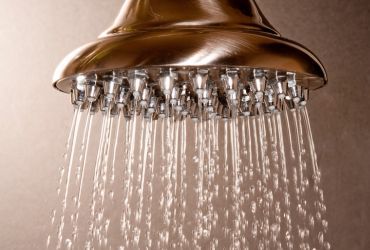
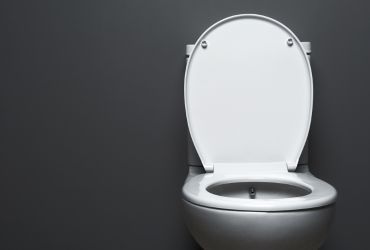

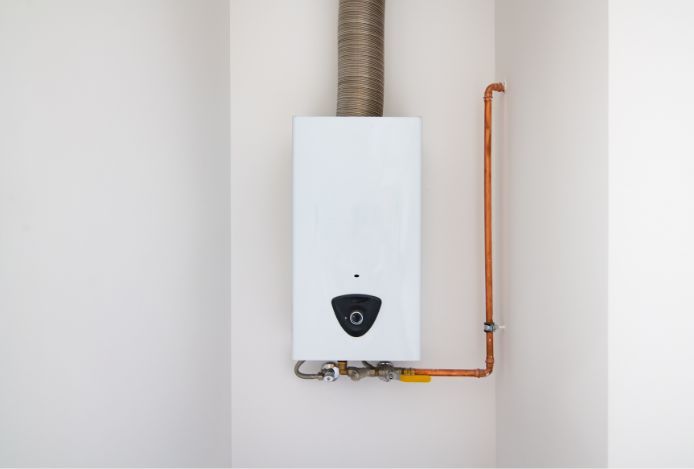
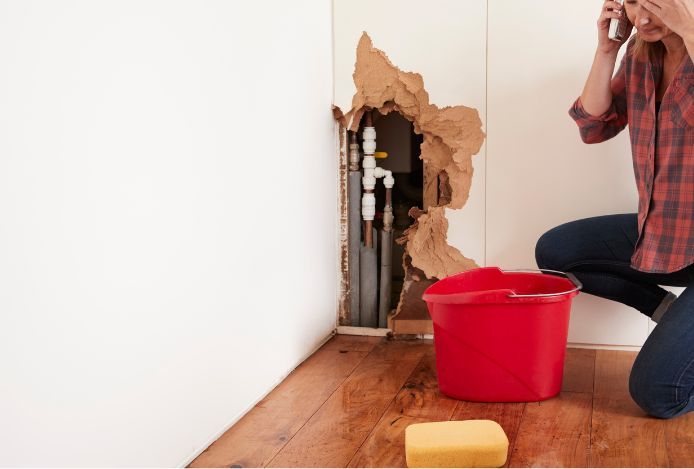
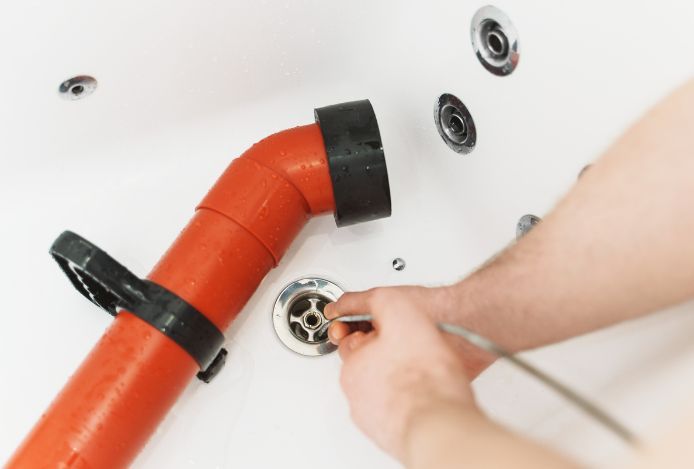
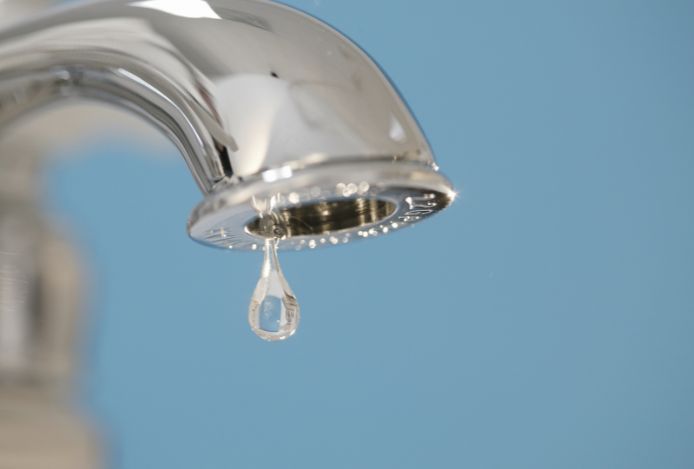
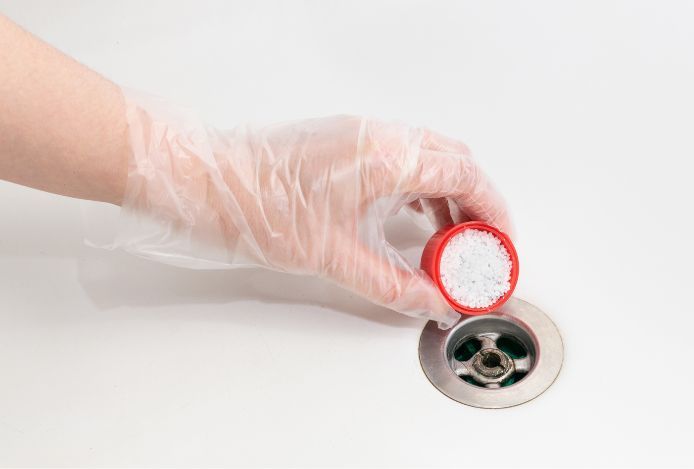
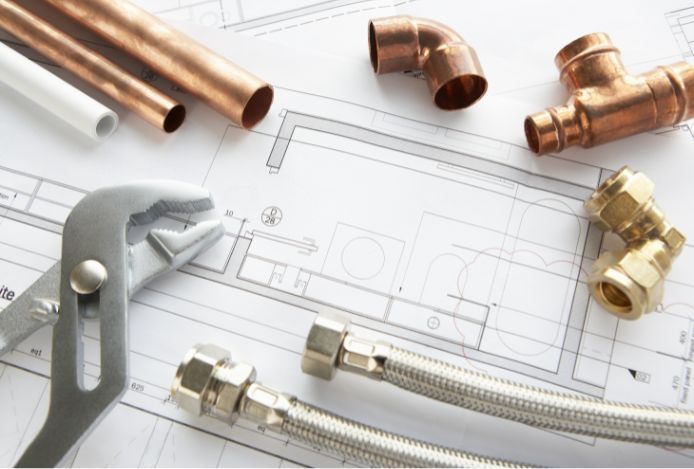

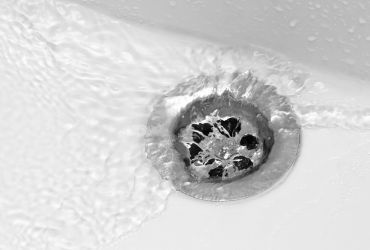


Leave a Reply